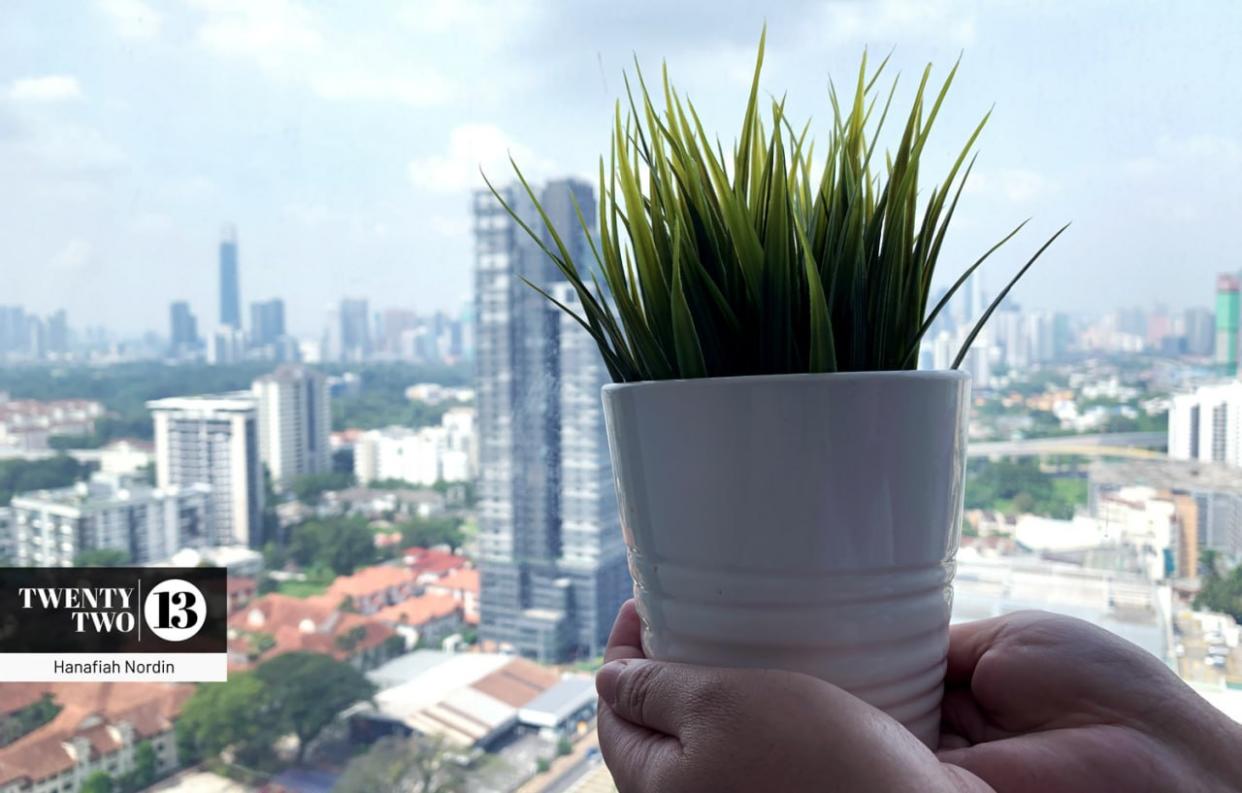Mindset shift, from problem elimination to sustainable, adaptive solutions, critical in achieving SDGs

Late last year, I attended a leadership course organised by Universiti Malaya’s Centre for Leadership and Professional Development (UM LEAD). Among the speakers were Karima El Korri, United Nations (UN) Resident Coordinator for Malaysia.
Interestingly, she was instrumental in the development of what we are all now familiar with – the Sustainable Development Goals (SDGs). She was part of the team that designed and proposed the list of 17 goals, with an overarching aim of ‘not leaving anyone behind’.
While the SDGs are commendable in their practical approach, I contend that their idealism may be hindered by one prevailing (albeit human) deficiency – our mindset. The root of the problem I believe, lies in our conventional approach to problem-solving. Historically, we have sought to eliminate problems, a strategy that has worked well in cases like eradicating smallpox and polio. Through vaccination, we have eradicated smallpox globally, while polio currently only remains in Afghanistan and Pakistan.
However, the complexities of today’s interconnected world demand a much more ‘balanced’ perspective. Our fundamental belief that solving a problem means making it disappear oversimplifies the complex challenges we face. Reflecting on the Borneo Cat Drop Operation in the 1950s, where well-intentioned efforts (of eliminating mosquitoes using dichlorodiphenyltrichloroethane or commonly known as DDT) had the unintended consequences (of exponential growth of the rat population), highlights the need for a more sophisticated mindset in our problem-solving endeavours.
To truly address the global challenges outlined in the SDGs, we must shift from a mindset of elimination to one of sustainable and adaptive problem-solving. The first step is recognising that interconnected problems require interconnected solutions.
As we try to ‘balance’ (for want of a better word) on the tightrope of issues like climate change and economic inequality, a mindset shift from eradication to adaptation becomes important.
Balance, a concept central to Buddhism’s Middle Way, may hold the key to navigating the extremes of our contemporary challenges. The Middle Way advocates for moderation, avoiding the extremes of excess and deficiency, and finding equilibrium in all aspects of life.
Similarly, an echo of this sentiment can be found in many Quranic verses emphasising moderation and the pursuit of the middle ground. In Surah Al-A’raf (7:31) for example: “O children of Adam! Take your adornment at every masjid, and eat and drink, but be not excessive. Indeed, He likes not those who commit excess.” Also, in Surah Al-Hajj (22:77-78), the passage encourages believers to worship and strive in the path of Allah without unnecessary difficulty, thus emphasising the balance within the Islamic way of life.
Yet, these principles, rooted in matters of the heart, might seem impractical when faced with the complex, tangible challenges outlined in the UN SDGs. The question then arises – How do we translate these beliefs into actionable, practical solutions?
Enter Carol S. Dweck’s 2006 bestseller, which I have only recently (read grudgingly) completed, “Mindset: The New Psychology of Success”, offering insights that bridge the gap between philosophy and practicality. Dweck’s research highlights the significance of cultivating a growth mindset, emphasising adaptability, resilience, and the acceptance of challenges as opportunities for growth.
Instead of aiming for the eradication of problems, a growth mindset encourages us to view challenges as opportunities for learning and improvement. This mindset enables us to embrace the middle ground, finding practical, sustainable solutions that acknowledge the complexity and interconnectedness of the issues at hand.
In essence, the combination of our beliefs and contemporary psychology proposes a mindset that seeks balance and rejects the extremes of problem elimination. As we go deeper into this mindset shift, we should discover a path towards a more sustainable, adaptable, and ultimately achievable way of addressing the pressing issues outlined in the UN’s SDGs, that technically must be addressed within the next six years.
In conjunction with the International Day of Human Fraternity observed over the weekend (Feb 4), let us all take a step back and see if we are indeed closer to the extremes, or the middle grounds of all our endeavours.
Let’s all be a part of the solution, and not the problem.
Associate Professor Ir Dr Nahrizul Adib Kadri is an Associate Professor at the Faculty of Engineering, Universiti Malaya.
The views expressed here are the personal opinion of the writer and do not necessarily represent that of Twentytwo13.
The post Mindset shift, from problem elimination to sustainable, adaptive solutions, critical in achieving SDGs appeared first on Twentytwo13.


